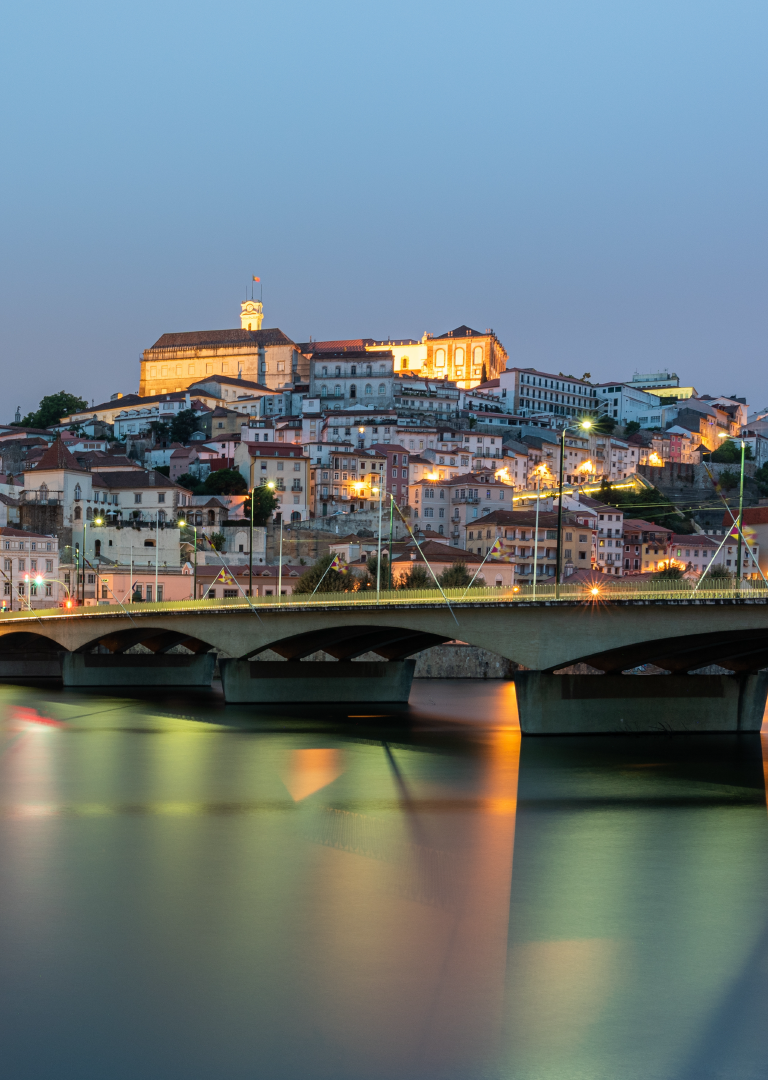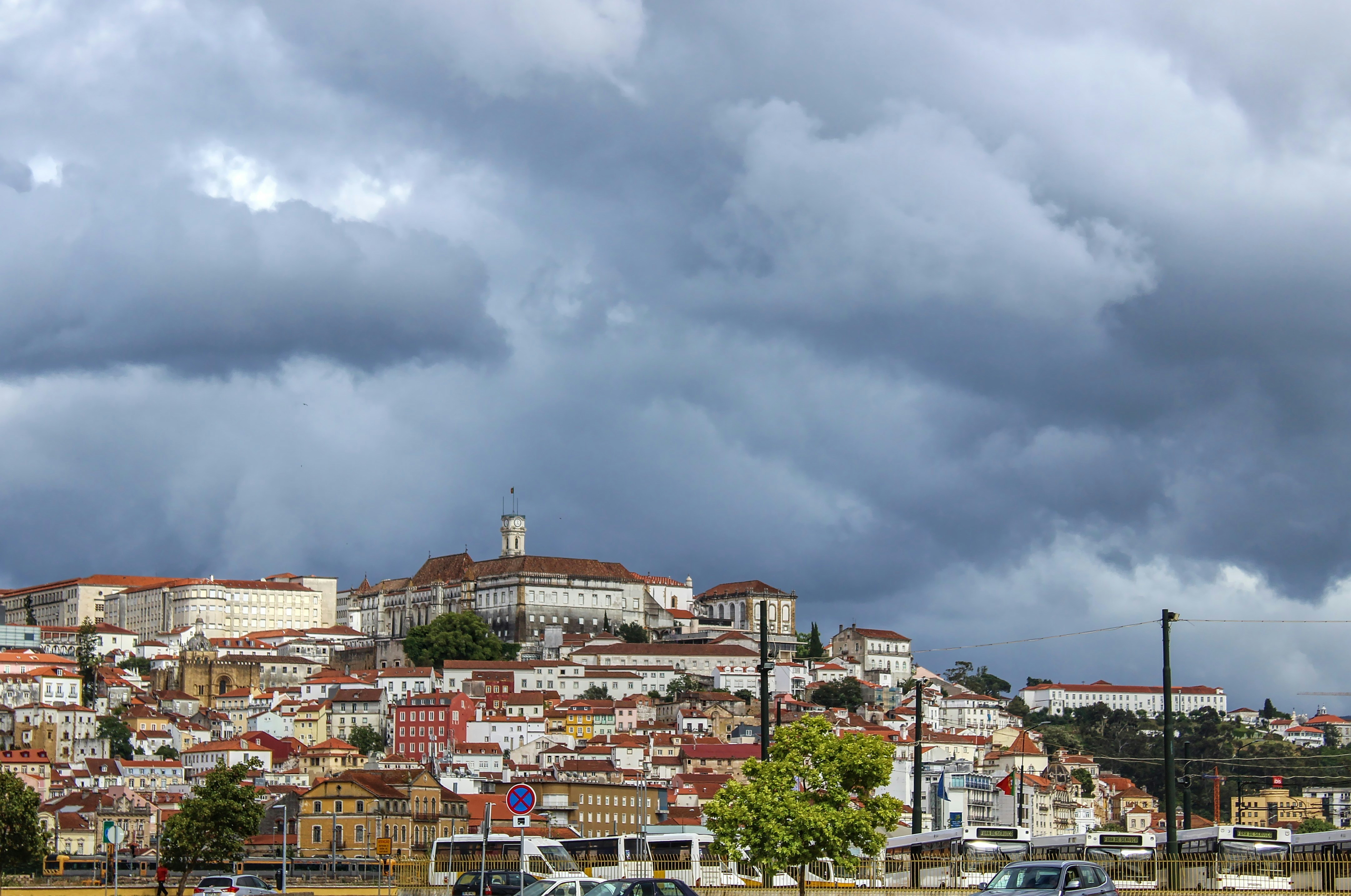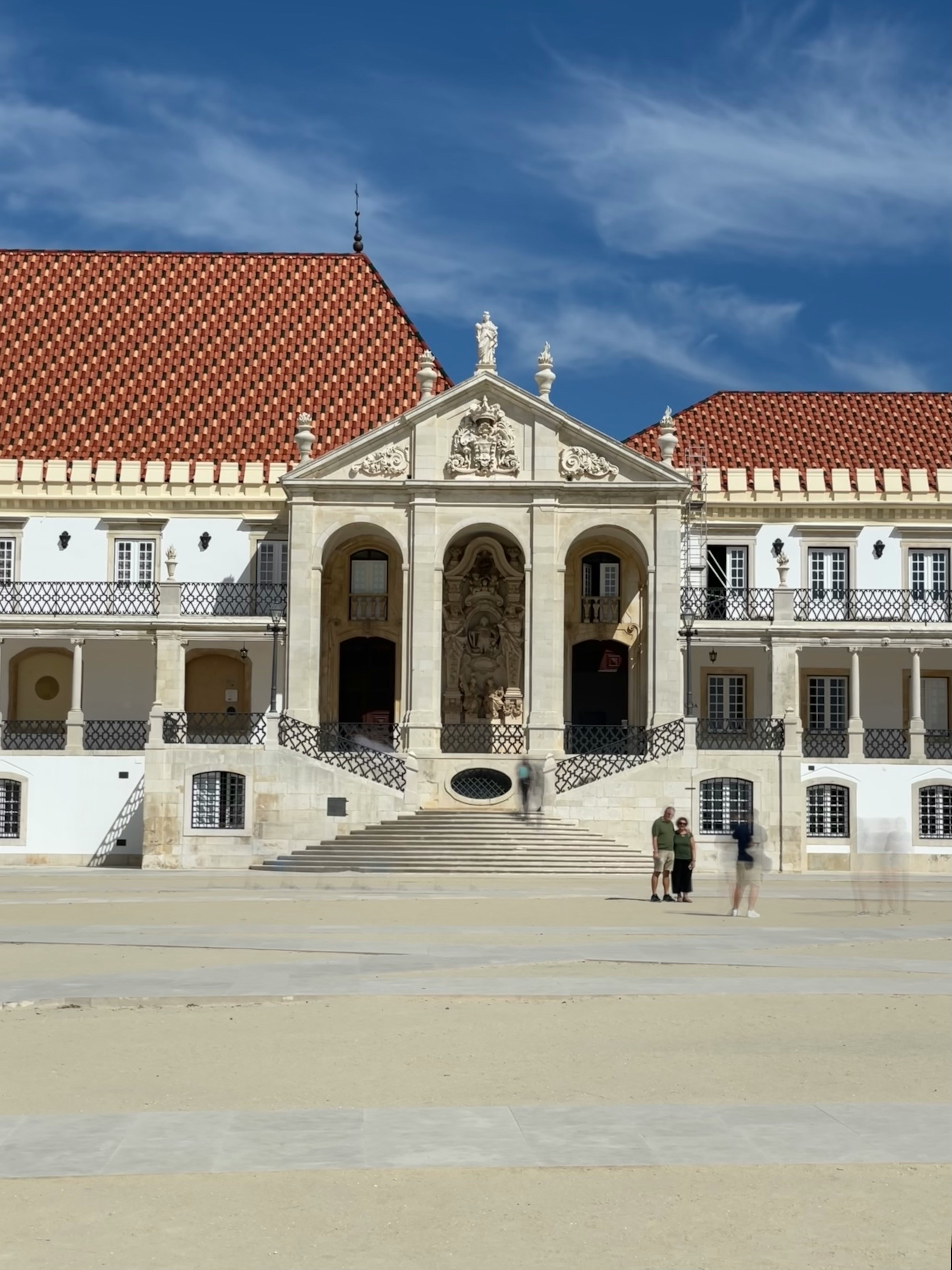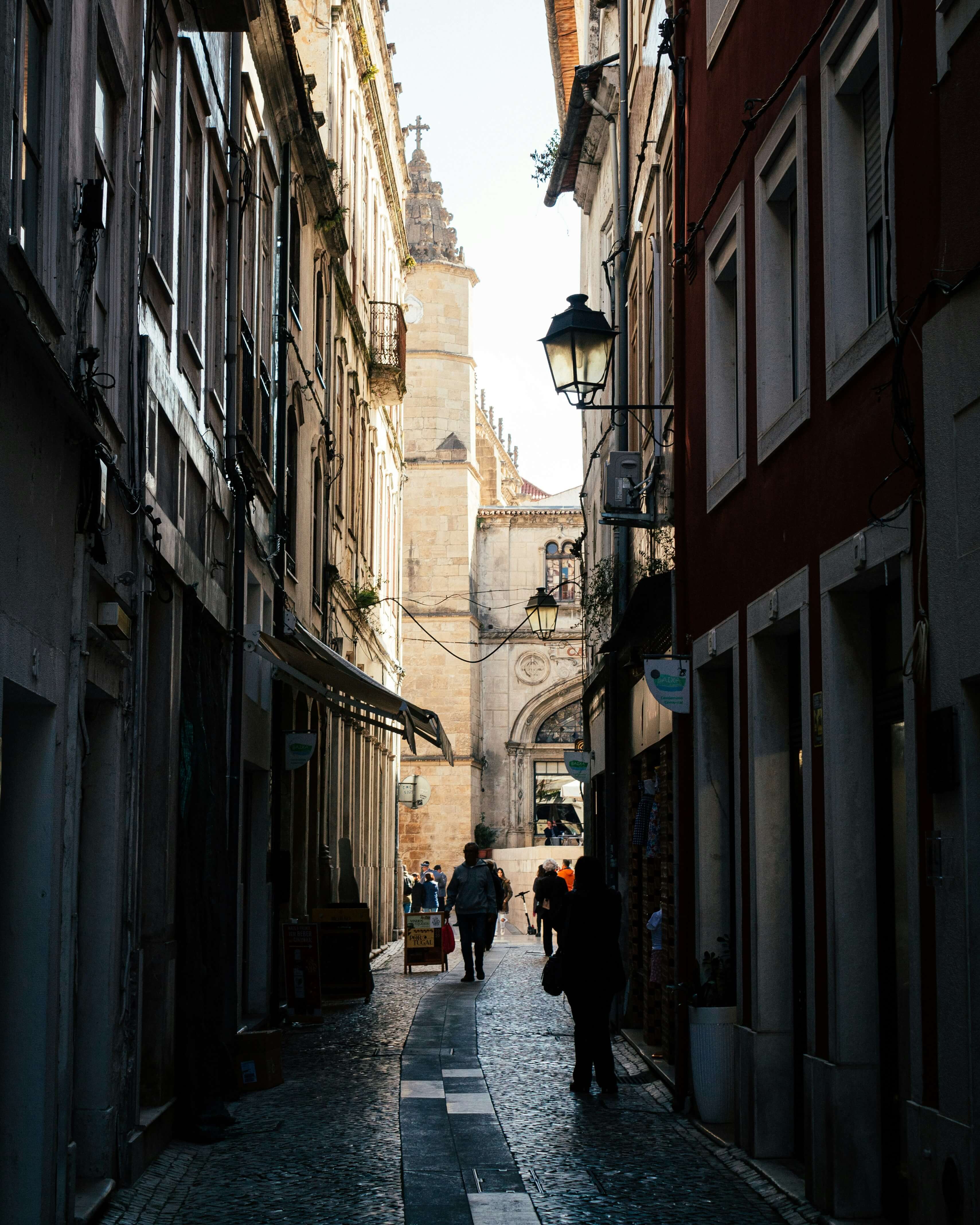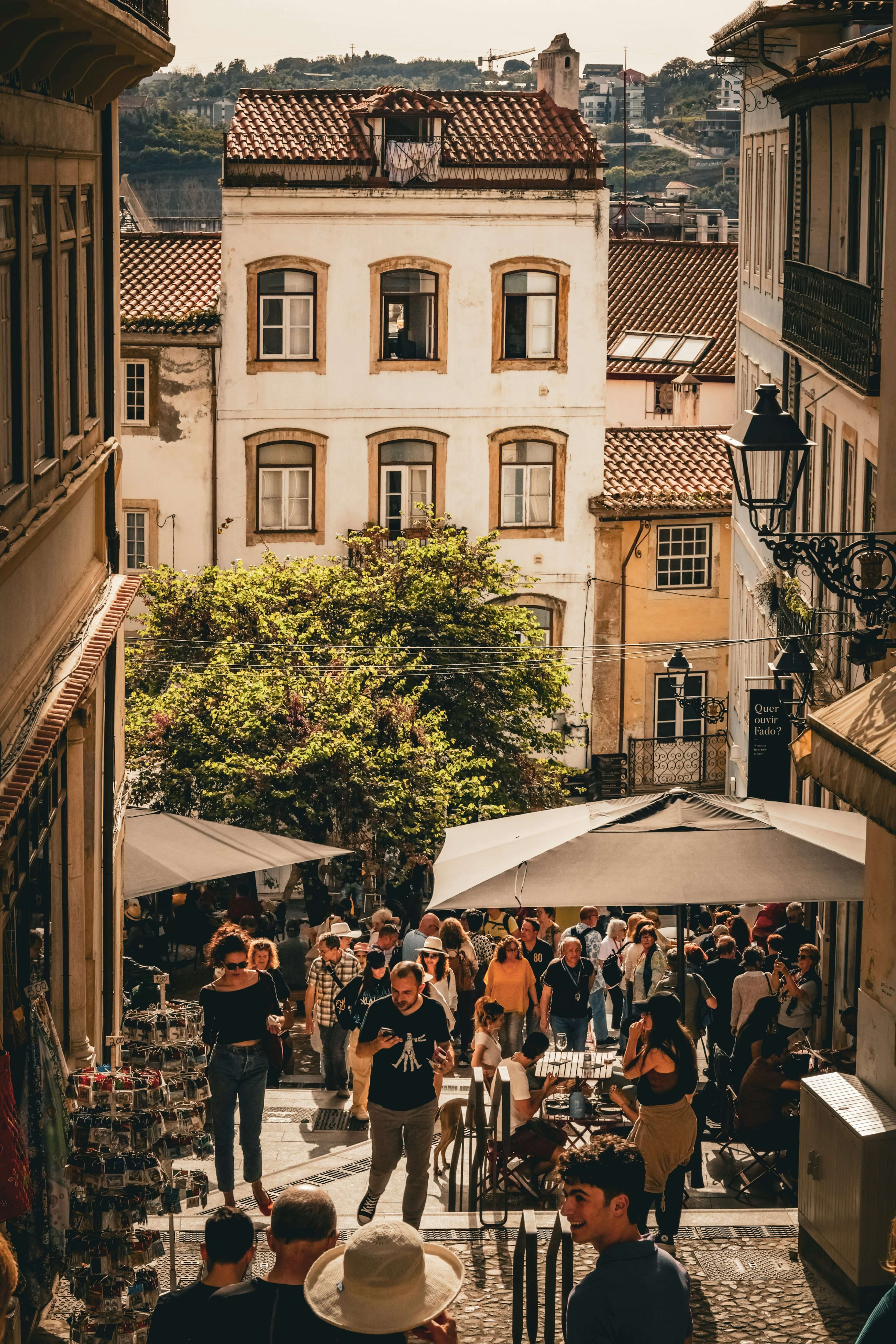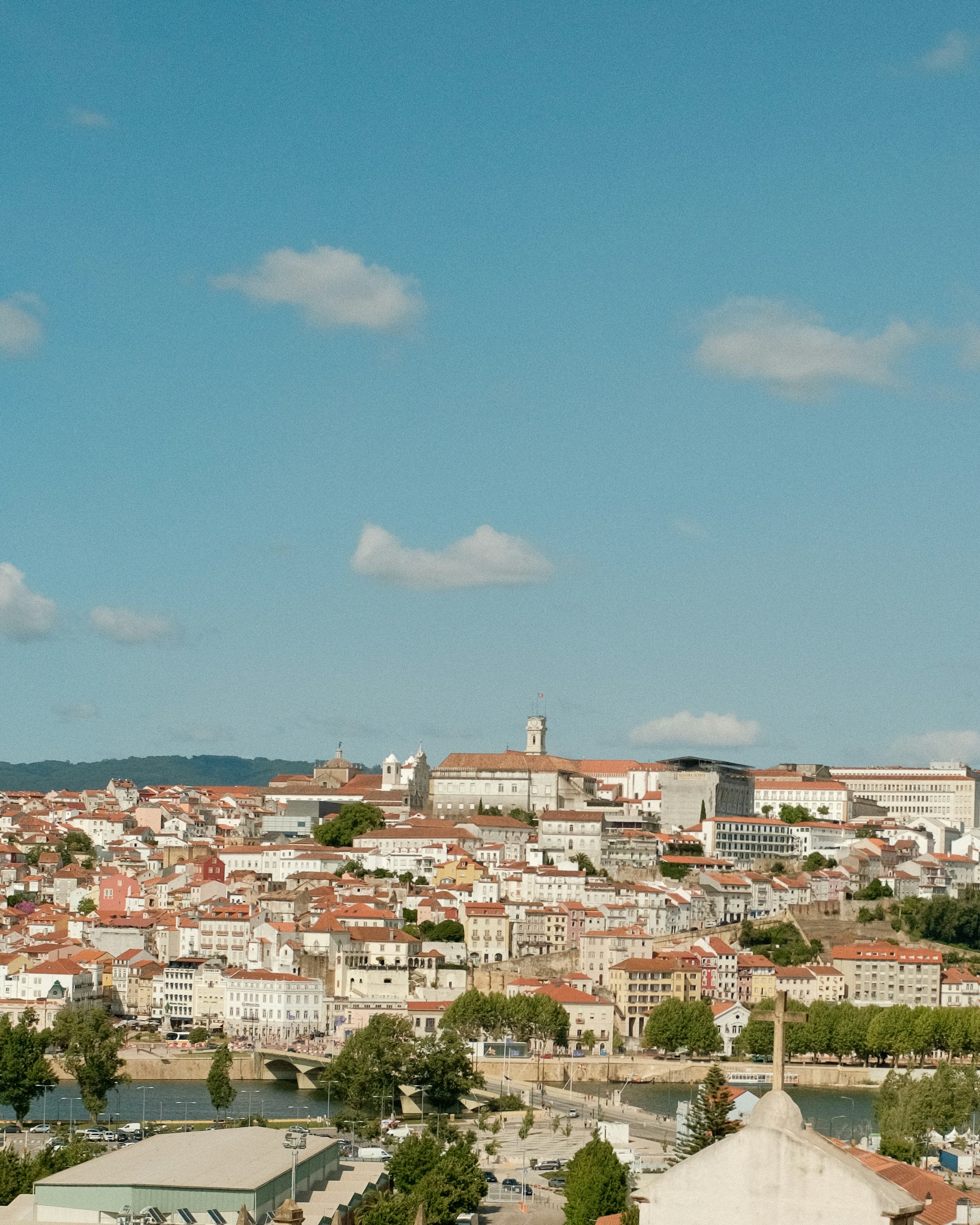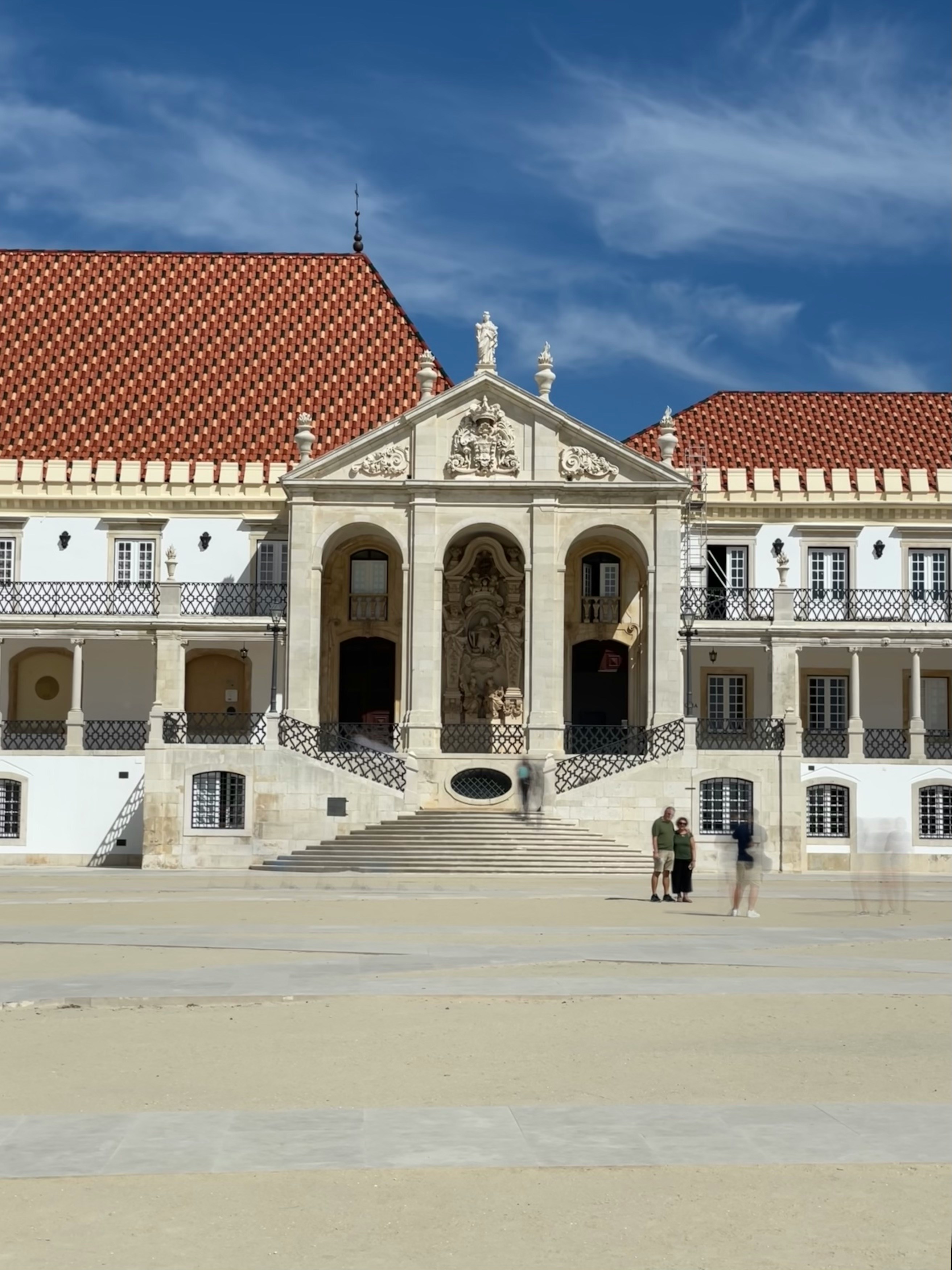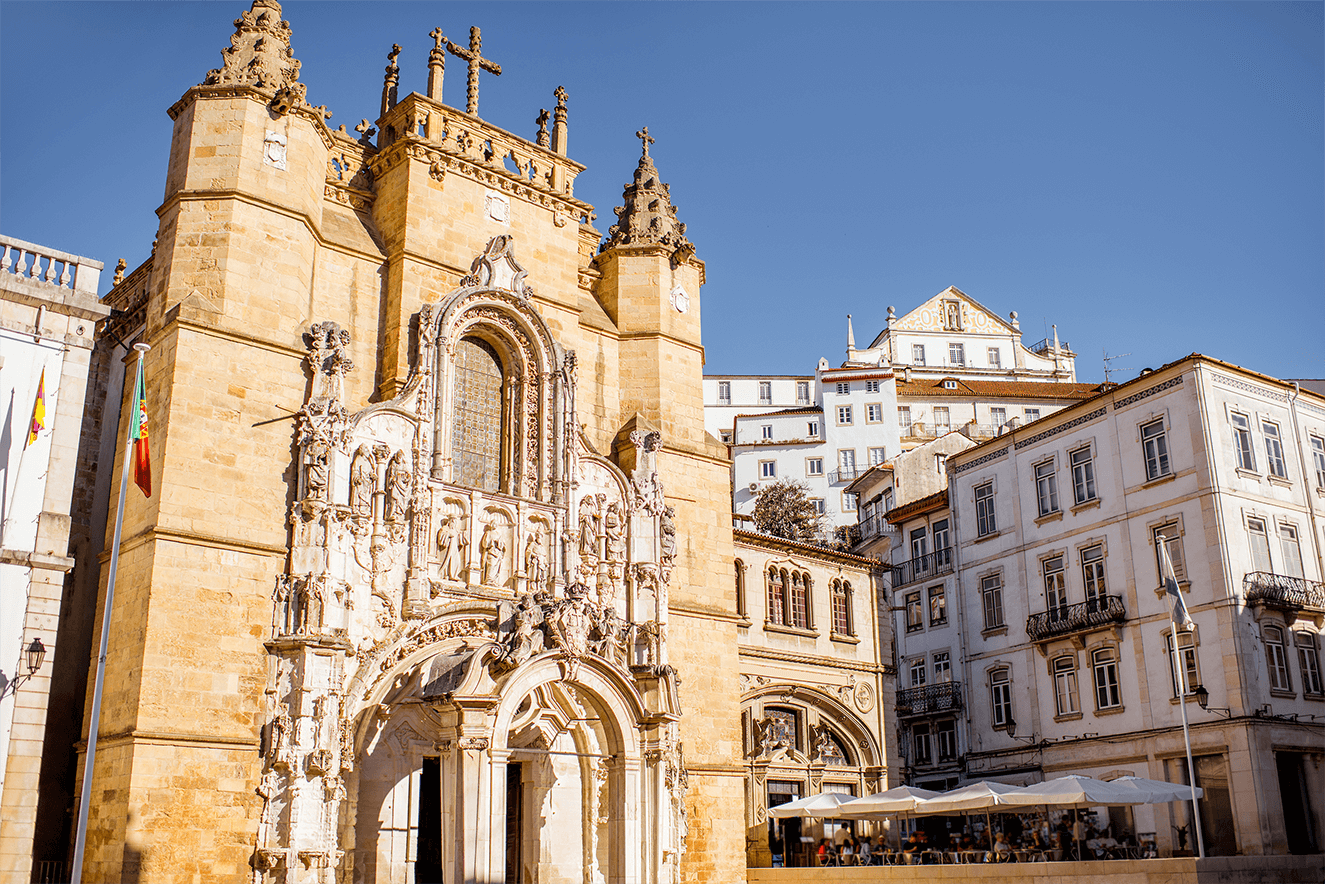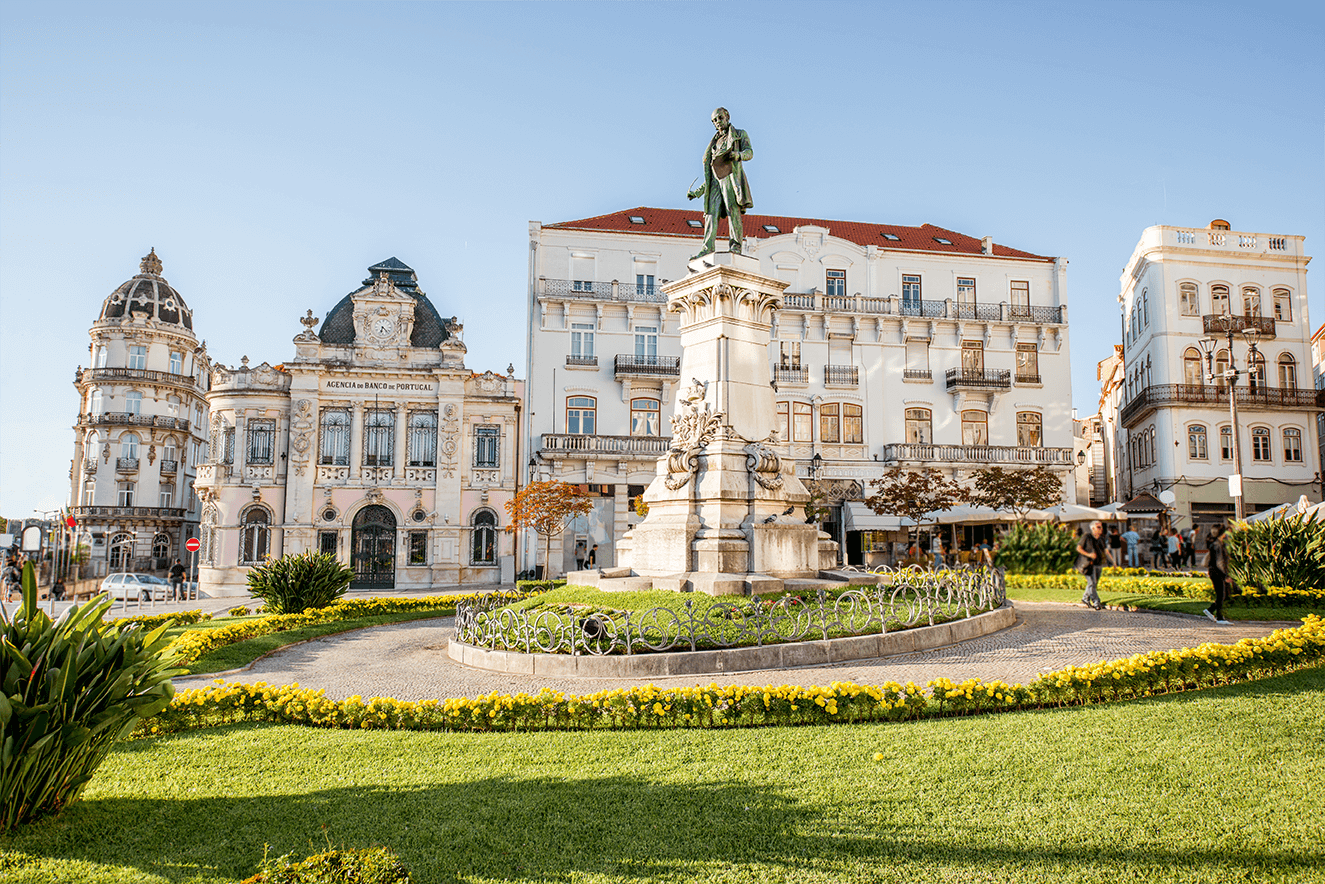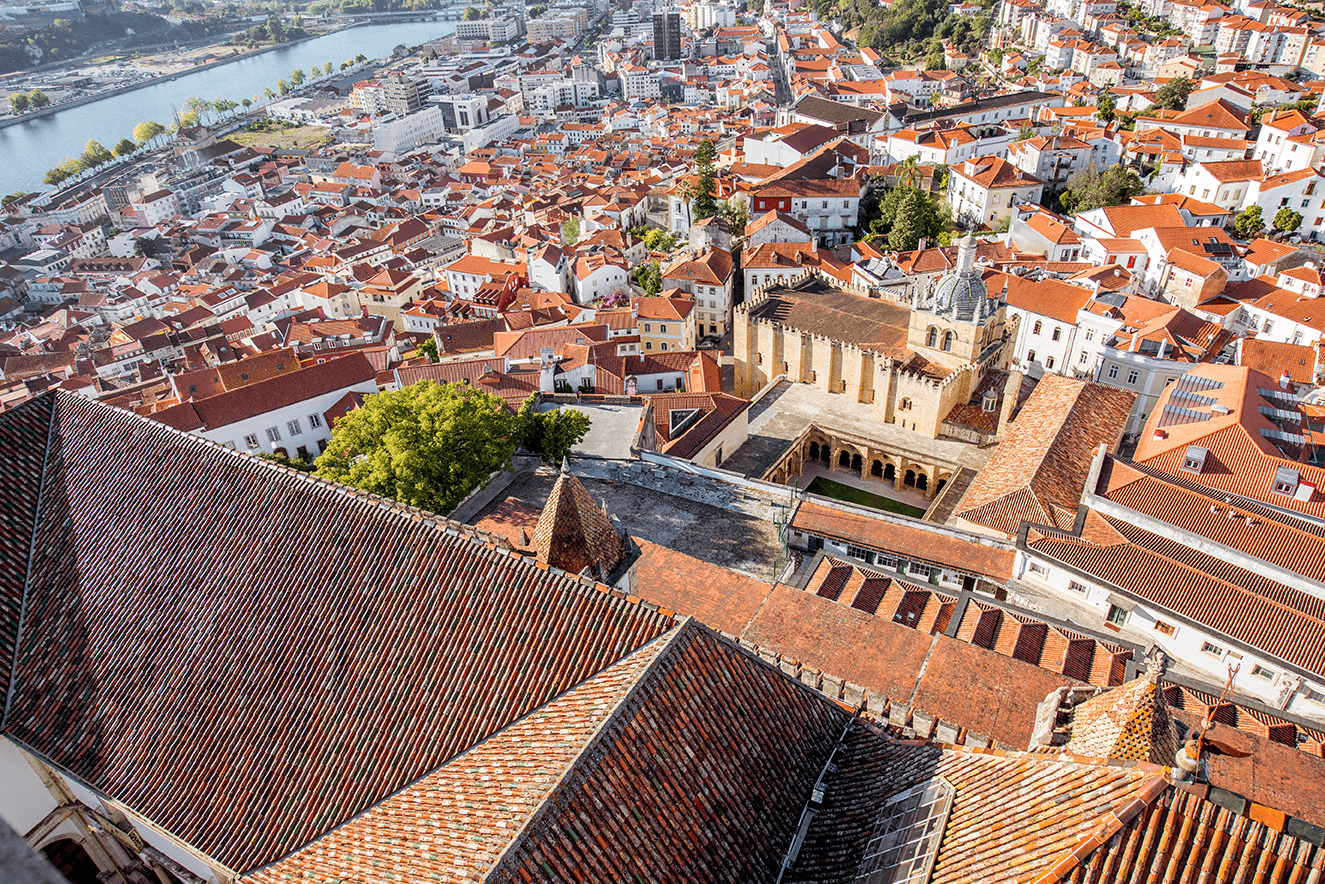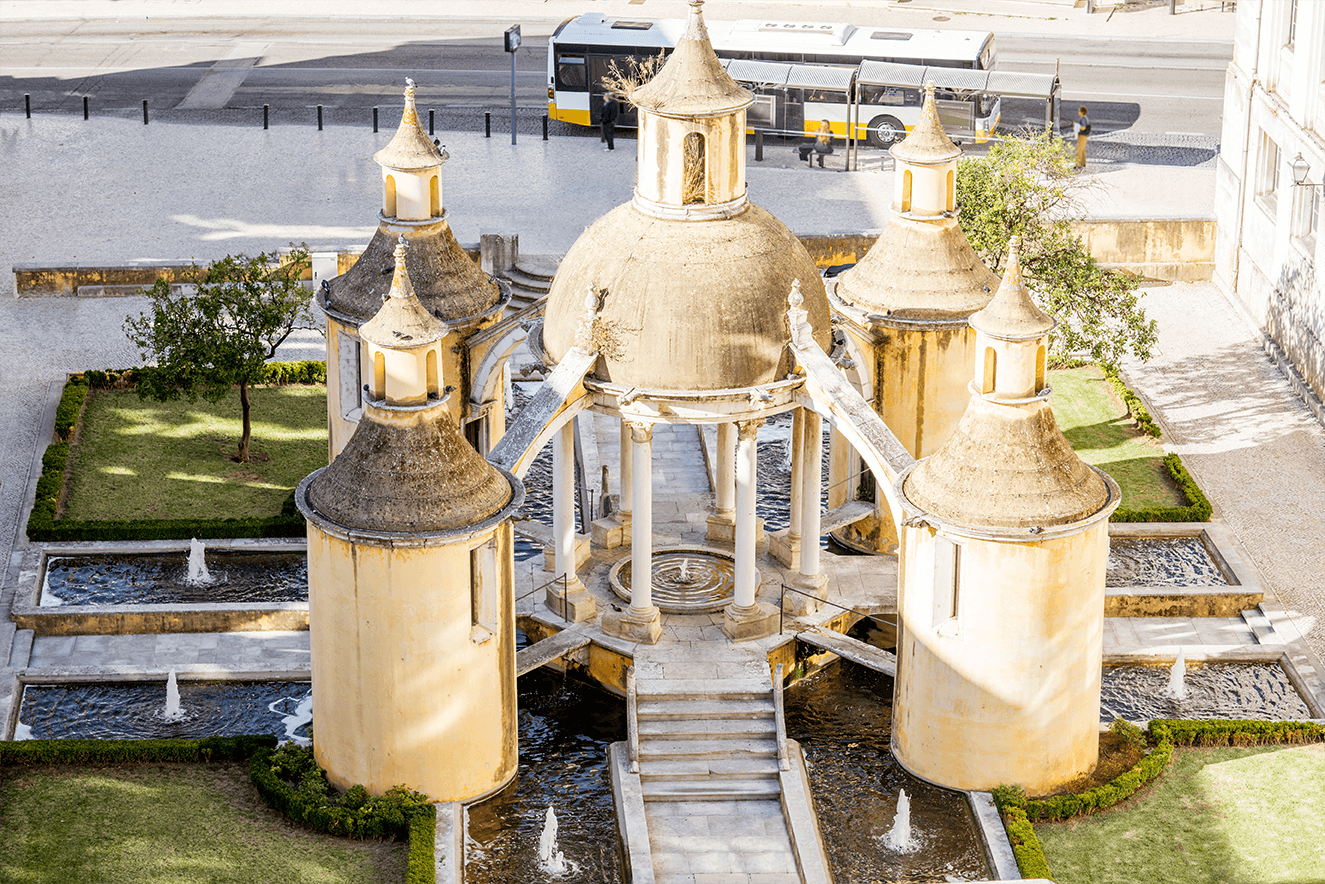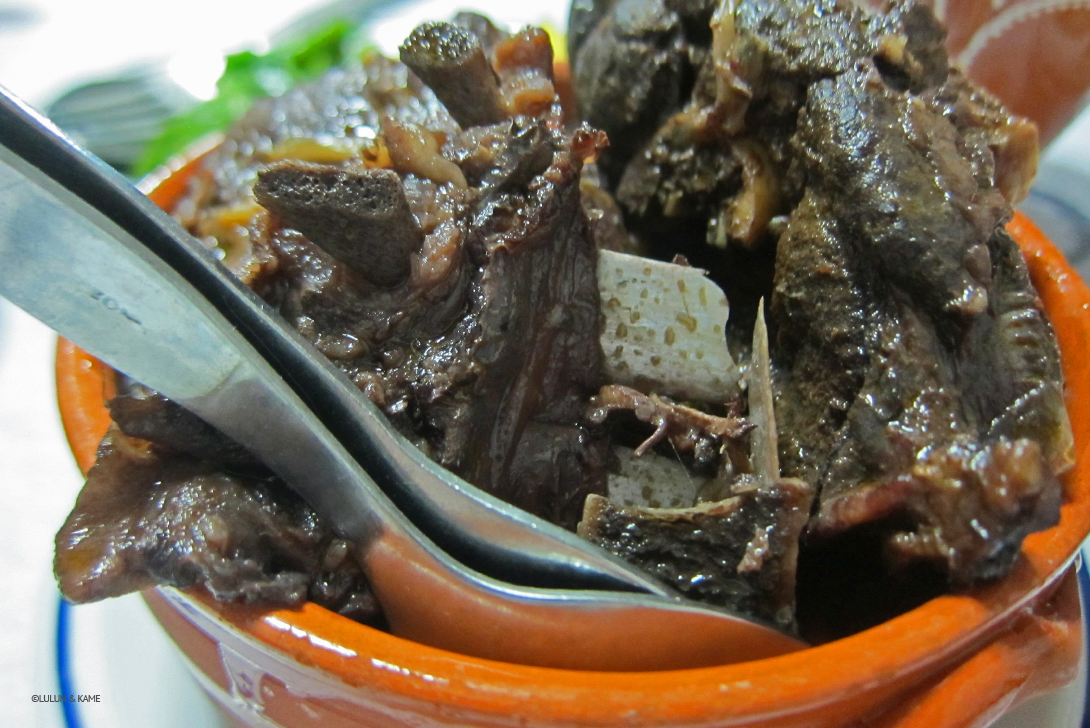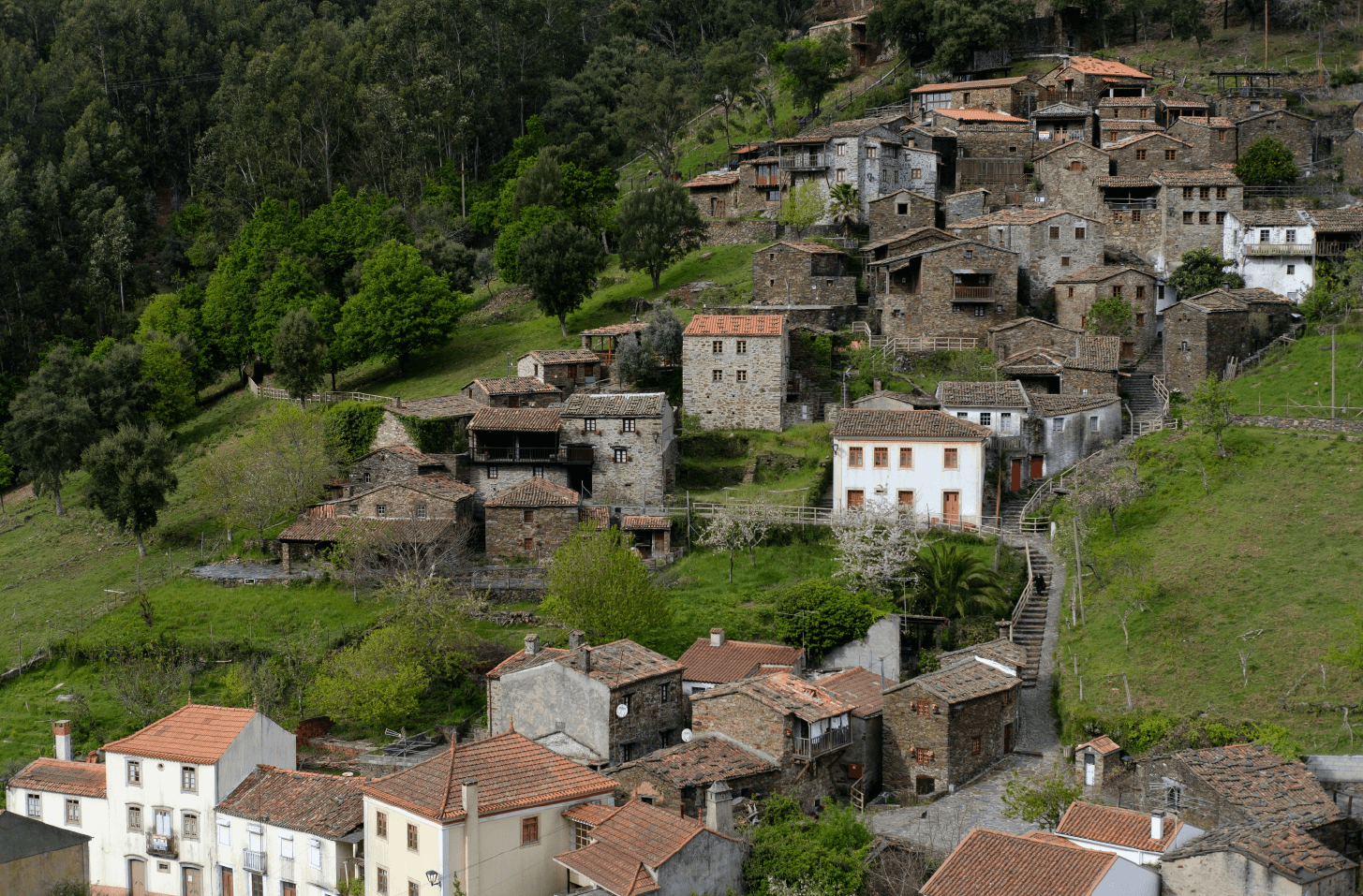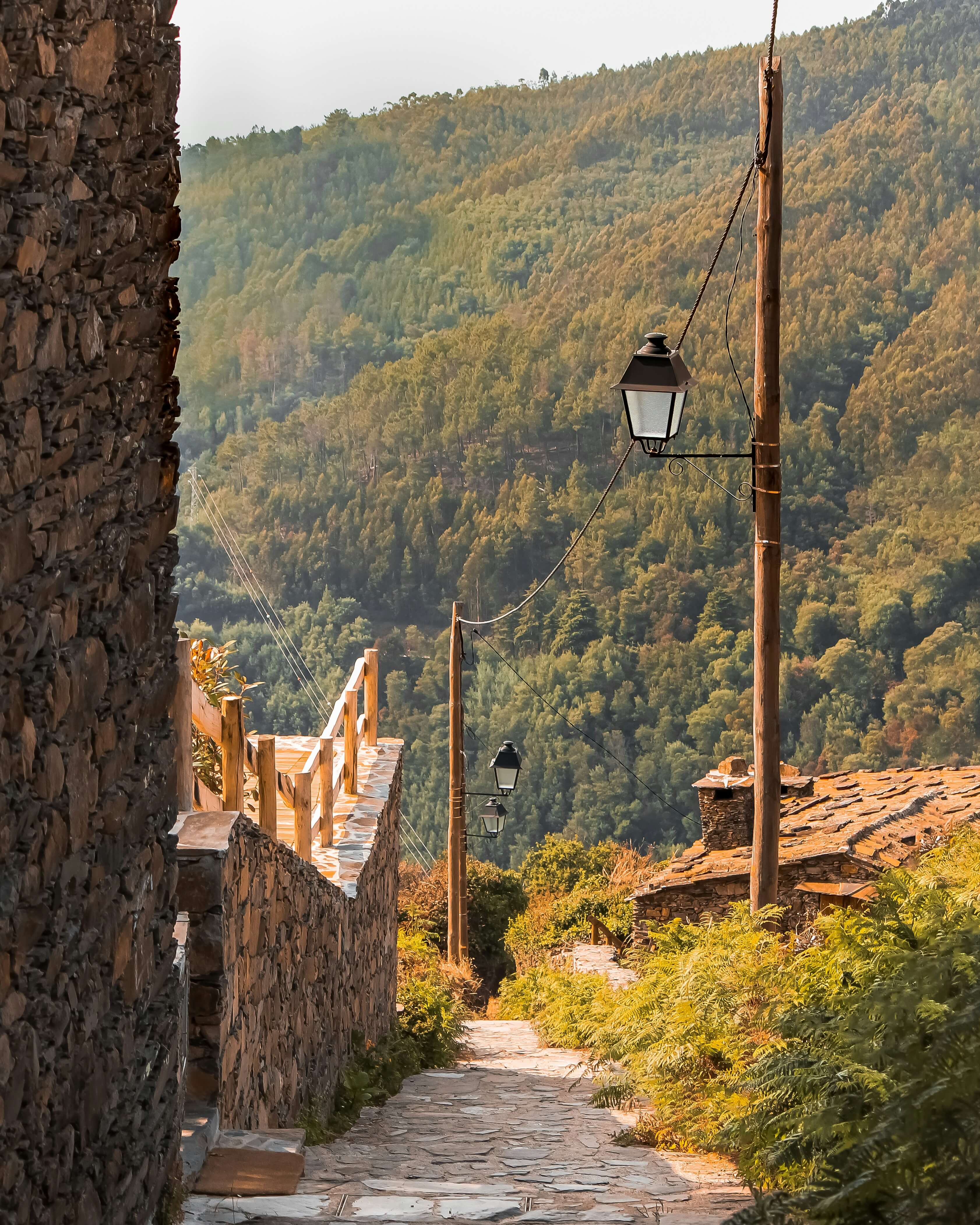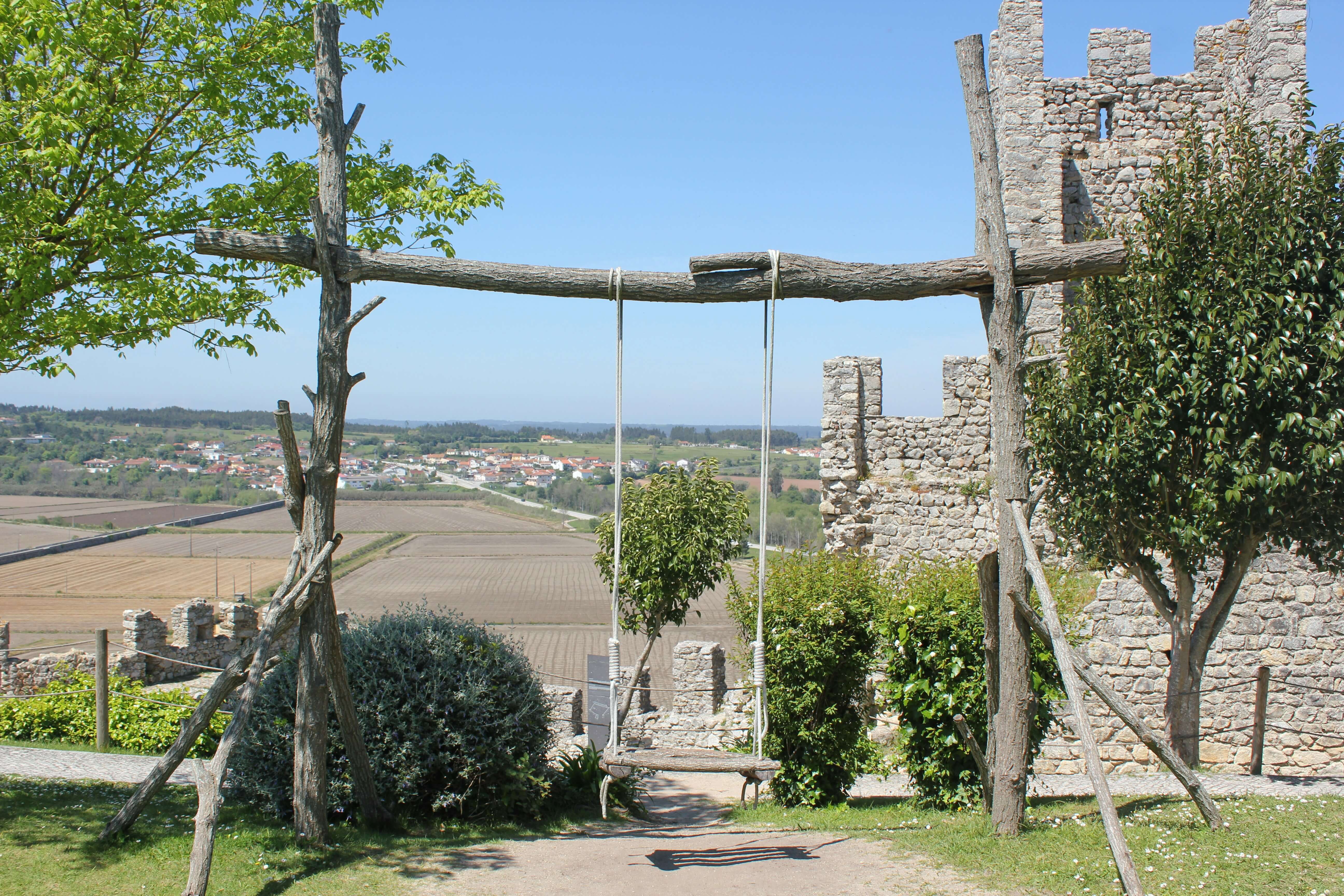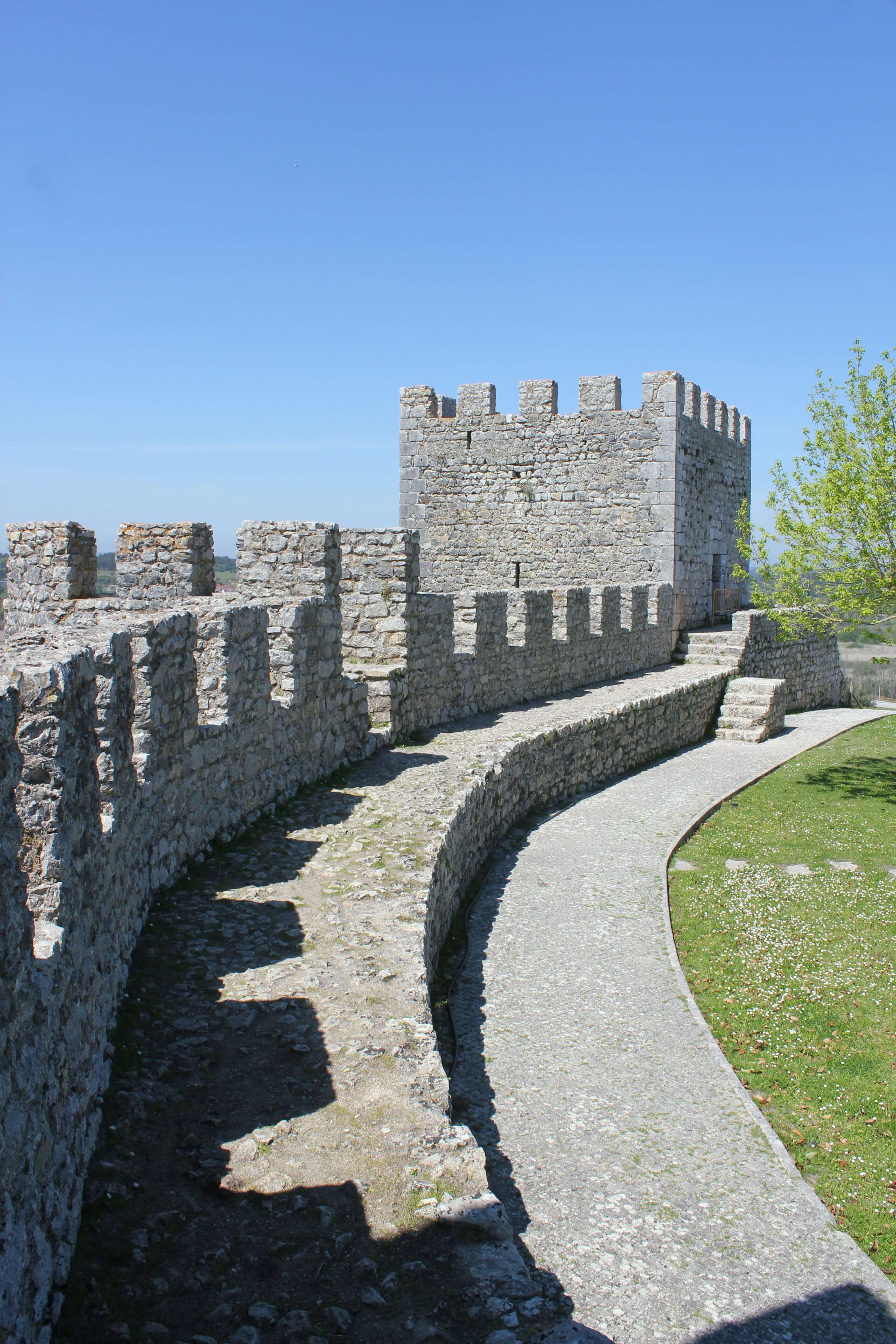About Coimbra
Coimbra is a charming city, situated in the center region of Portugal, known for its University, one of the world’s oldest and prestigious, for its rich history. The city was founded by the Romans in the 1st century b.C., named Aeminium. In the 5th century, it was conquered by the Visigoths and in the 8th century by the Moors. The city was liberated by the Christians in the 12th century and became the capital of Portugal during the Middle Ages.
Its architecture is diverse and reflects its history. The city is adorned with numerous magnificent edifices, including the University of Coimbra, established in 1290, one of oldest in the world, which has rendered it a UNESCO World Heritage site. It consists of a complex of buildings, including the Paço das Escolas, the Joanina Library and the São Miguel Chapel.
Other significant monuments in the city include Colégio de Jesus, a Renaissance building constructed in the 16h century, Sé de Coimbra, a 13th century Gothic cathedral and the 12 th century Monastery of Santa Cruz. At Coimbra, each moment is an opportunity to enjoy new experiences! Whatever reason brings you to this city, you’ll find a variety of activities and attractions that engage all five senses.
Coimbra, the city of students ,loves, songs, memories and *“saudade”.
Explore the historic districts, admire the emblematic monuments and find yourself wandering through the narrow streets where the haunting melodies of fado reverberate, accompanied by the irresistible aromas emanating from traditional restaurants. And of course, you can’t miss the opportunity to savor the famous Pastel de Santa Clara, a true regional delicacy!
Find out all that this city has to offer, immersing yourself in the cultural, historical and gastronomic richness that makes this city so unique. A riverside city where the love of D.Pedro and D.ª Inês de Castro is still felt, where tradition is cherished across all generations and where the “black capes of saudade” clock every corner of this city.
*saudade: a portuguese word that doesn’t have a direct translation in many other languages. It describes a feeling of deep nostalgia, a longing or yearning for something or someone absent, often related to happy memories from the past

